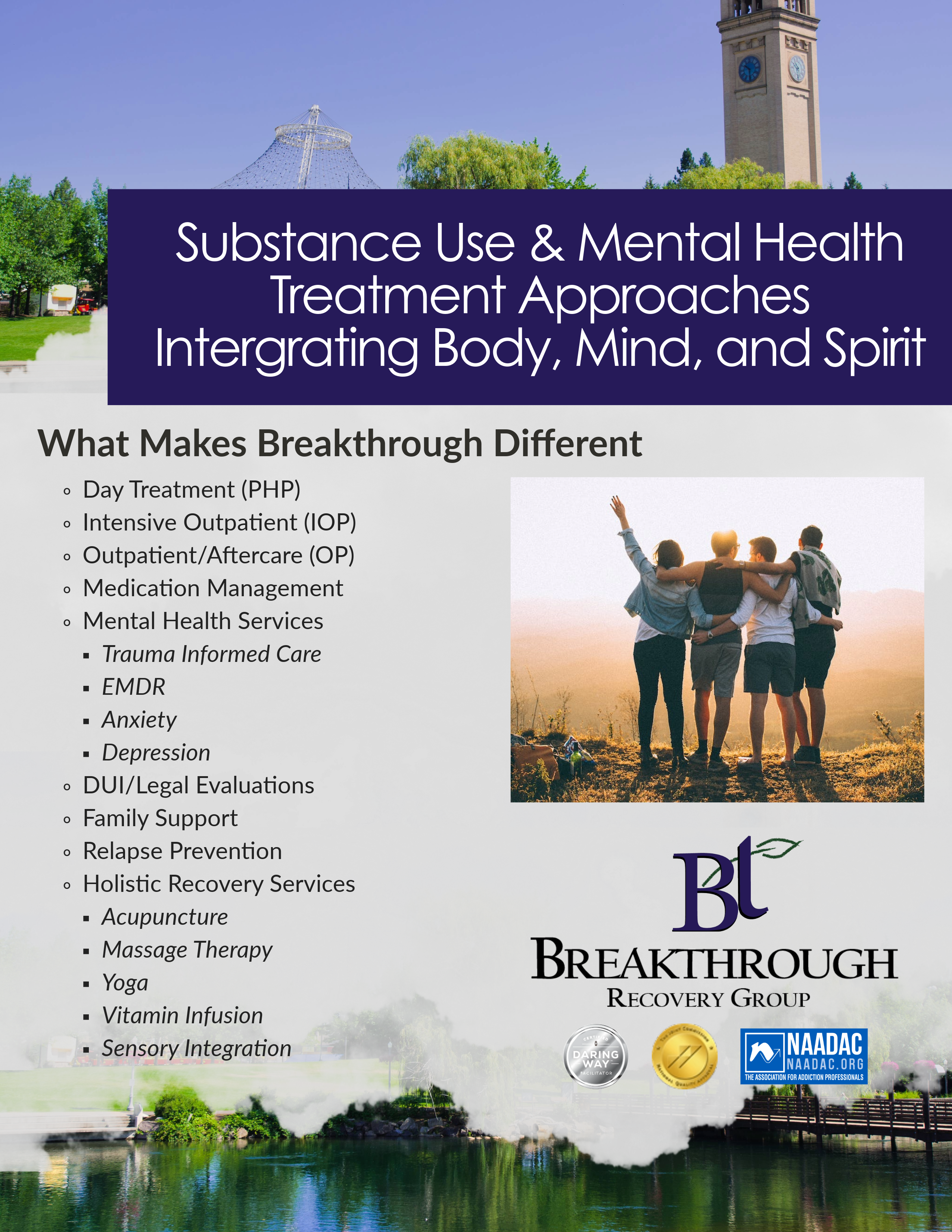The Influence of Story Sharing in Addiction Recovery

As individuals strive to recover from addiction and improve their mental health, one of the most powerful tools at their disposal is the art of storytelling. Sharing personal narratives has shown to play a pivotal role in one’s journey to recovery. It not only aids in personal growth and self-discovery but also fosters connections and encourages open discussions about mental health and addiction.
The Therapeutic Impact of Sharing Personal Stories
Voicing one’s own journey can have profound therapeutic effects. It offers an opportunity for self-exploration, enabling individuals to delve into their experiences, confront their struggles, and appreciate their progress. Storytelling is essentially a unique form of expressing oneself, which can prove crucial in managing emotional upheaval and traumatic experiences. It provides a pathway to dissect experiences, comprehend one’s thoughts and emotions, and achieve a degree of mastery over one’s own life. Through storytelling, we externalize our internal world, fostering a therapeutic release that can facilitate healing and growth. Sharing stories is not just about recounting past events, it’s about rewriting our narrative, offering hope, and progressing towards a healthier mental state.
Creating Connections through Shared Experiences
When individuals courageously recount their personal experiences, they unveil a universal truth – no one is alone in their struggle. Story sharing creates bridges of empathy and understanding, allowing individuals to find others who have tread similar paths. This communal aspect can be a soothing balm on the often lonesome road to recovery from addiction and mental health issues. The profound resonance found in shared experiences can foster a sense of belonging and community, reducing feelings of isolation. For many, these connections become lifelines, offering solace, empathy, and much-needed emotional support. The reciprocal nature of sharing and receiving stories enhances bonds, giving strength to both the listener and the storyteller.
Providing Inspiration and Motivation to Others
When individuals bravely share their personal journey of recovery, they unknowingly serve as beacons of hope and resilience for those who are walking a similar path. Hearing these narratives of overcoming adversity can ignite a spark of motivation, reassuring others that overcoming mental health struggles, addiction, PTSD, alcoholism, or depression is indeed possible. These stories serve as concrete reminders that recovery, though challenging, is not an unreachable goal. They showcase the strength of the human spirit, the power of perseverance, and the potential for personal transformation Thus, by sharing our stories, we not only contribute to our own healing process but also inspire and encourage others to continue their pursuit of mental health and freedom from addiction.
Facilitating Open Discussions about Mental Health and Addiction
One of the fundamental outcomes of storytelling is the platform it provides for unrestricted conversations about mental health and addiction. This practice brings these often hidden subjects into the light, helping to shatter long-held stereotypes and stigma. Storytelling, in this context, becomes an agent of change, influencing public perception by revealing the human side of these struggles, which is often overshadowed by misinformation and fear. An honest narrative about personal battles with addiction or mental health disorders can be an educational tool, providing an authentic insight into these conditions. When individuals share their stories, they not only advocate for themselves but also for others who may be silently suffering. They create opportunities for others to learn, understand, and empathize with their experiences, fostering a more inclusive and informed society.
Fostering Self-Acceptance and Growth
The act of sharing personal stories can serve as a potent catalyst for embracing oneself. This process requires individuals to face their past and accept their struggles without self-judgment or shame. Through this, they come to acknowledge their flaws, not as weaknesses but as fundamental aspects of their identity. This shift in perspective promotes self-acceptance, which is critical for mental health recovery and overcoming addiction. They begin to see their journey, not as a series of failures or setbacks, but as proof of their strength and tenacity. Consequently, the process of sharing one’s story can lead to substantial personal growth and self-acceptance, essential components for healing and recovery from addiction or mental health struggles.
We Accept Most Insurances






